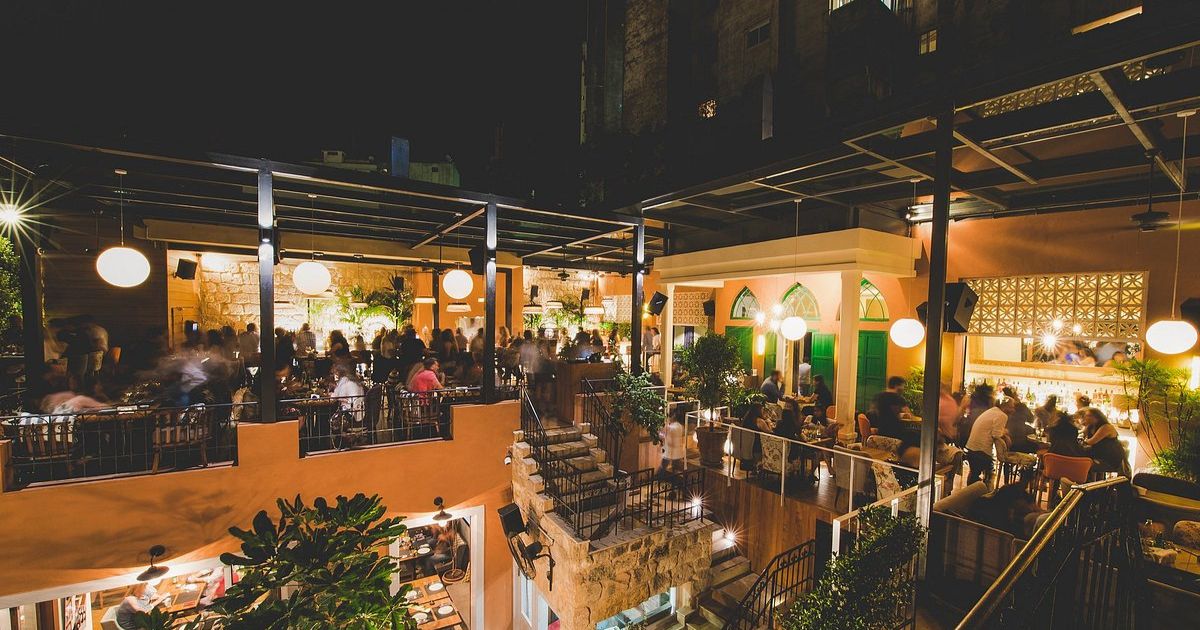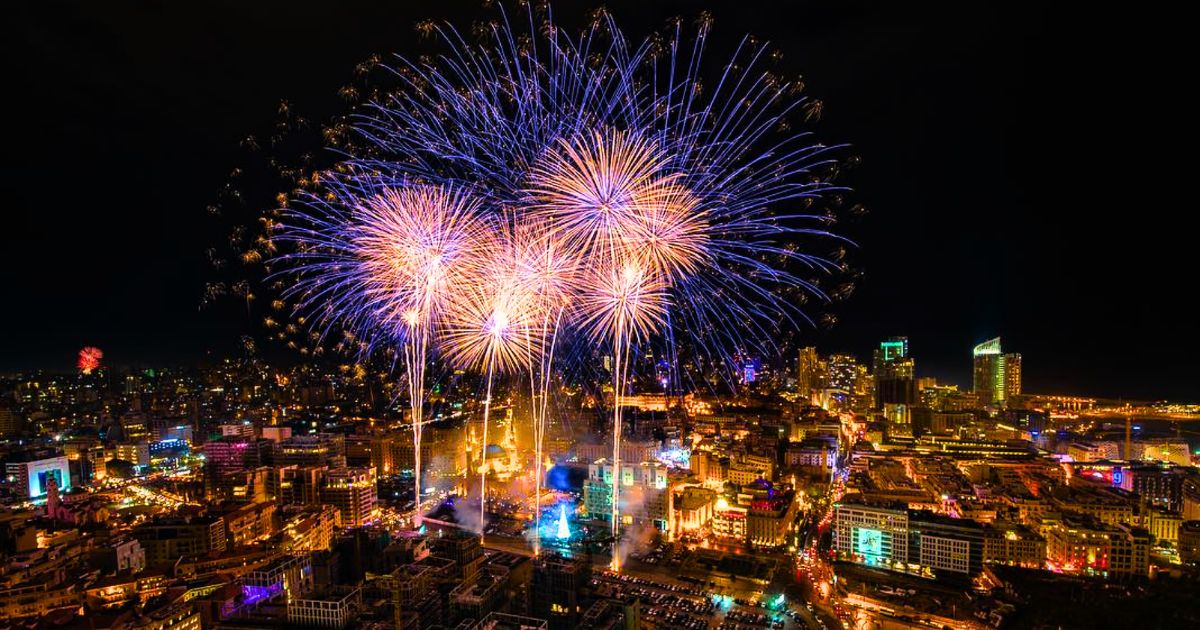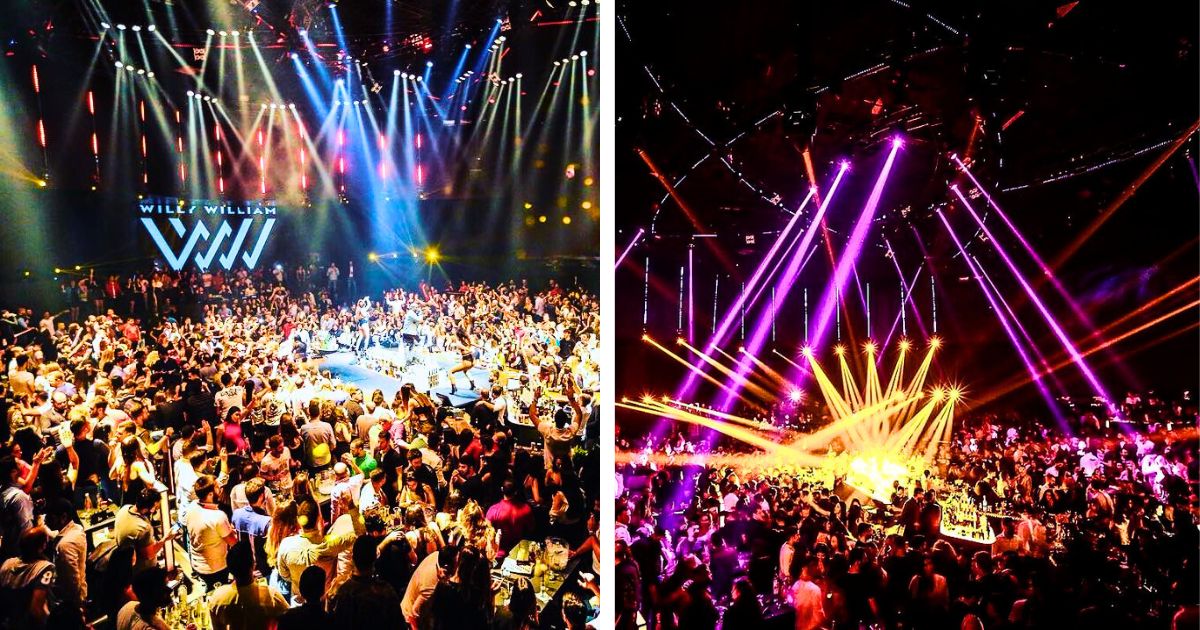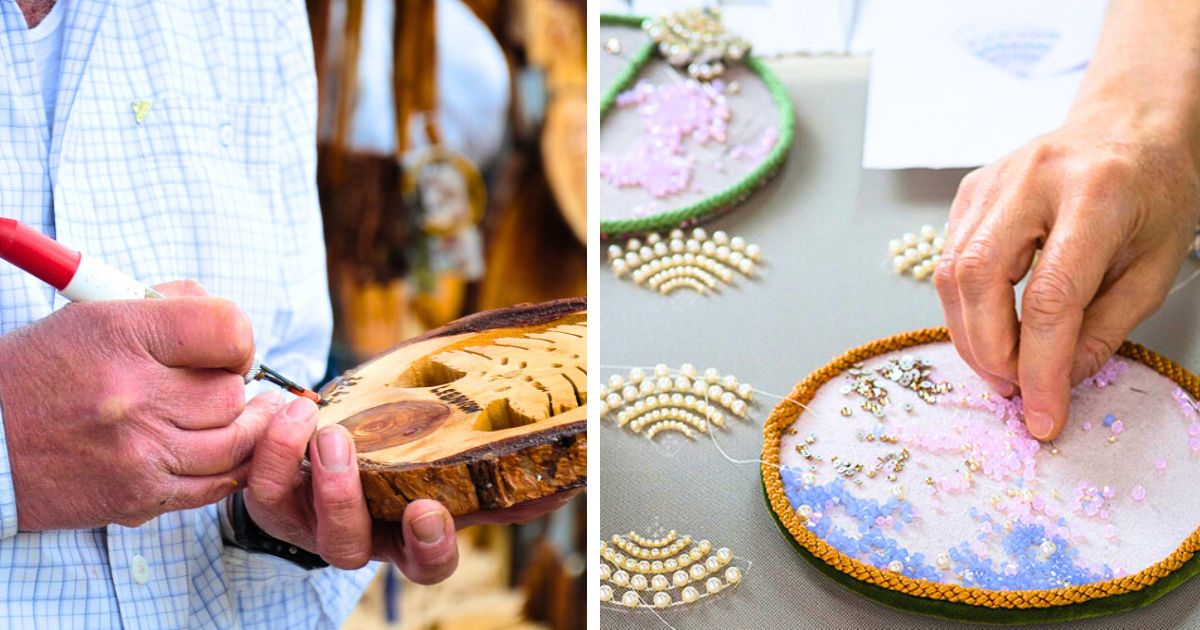A few days ago, the Lebanese
woke up to a powerful storm that swept the trash from the landfill in Bourj Hammoud to the coast of Keserwan. The garbage crisis is polluting the environment and affecting our well-being. Burning trash is not the solution. Instead, we should recycle! A lot of people around the world are turning trash into treasure!
From glass bottles to art
is the founder of Smart Glass Art. She turns recycled glass bottles into art! From chandeliers to curtains, this artist gives a second chance to common materials. In fact, Kathleen partnered with the famous restaurant chain in the United States Chick-fil-A and handcrafted chandeliers using recycled Coca-Cola glass bottles.
From plastic to textiles and polymers
is a company that transforms marine plastic into textiles and polymers. From evening gowns to luggage, you can make anything using these products. Bionic works with famous brands such as Timberland, Ralph Lauren, and Millican.
From milk jugs to toys
is a company that uses milk jugs to produce toys! The collected plastic is cleaned, shredded into flakes, and transformed into toys! Also, the products are packaged in recyclable cardboard. It’s a great way to teach kids that trash can be turned into wonders!
From discarded books to a public library
Sanitation workers in Turkey collected discarded books and opened a public library in a brick factory. The library houses 6,000 books. The community became interested in this project and started donating books that they no longer use. The library is also loaning books to schools and prisons.
From plastic to building material
is a company that turns all types of plastic trash into advanced building blocks. These materials are eco-friendly and stronger than bricks. Who knew that using plastic trash in construction was possible?
From waste to planters
The
, Ziad Abi Chaker, and the aquaculture specialist Imad Saoud built eco-friendly vertical planters which are made of discarded plastic bags and other plastics that cannot be recycled. Instead of utilizing soil, the planters are filled with a combination of cardboards, woods, and branches found in trashcans. That way, not a lot of water needs to be wasted. 1 square meter produces 200 lettuces every 45 days!
From leftovers to hot meals
The
is an NGO that collects leftovers from hotels, caterers, supermarkets, etc. and offers them to more than 70 NGOs that help families in need. This organization is actively working to meet its goal which is feeding as many people as it can on a daily basis.
HRW started a petition to ask the Lebanese Parliament and Cabinet to develop a waste management plan that will end the open burning of waste in Lebanon. Sign it here.
















